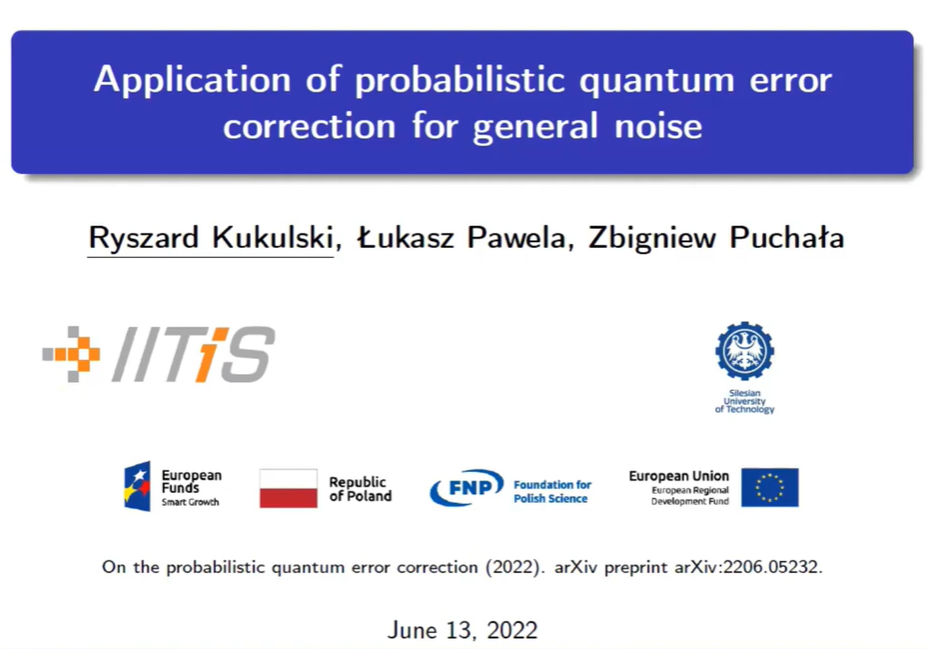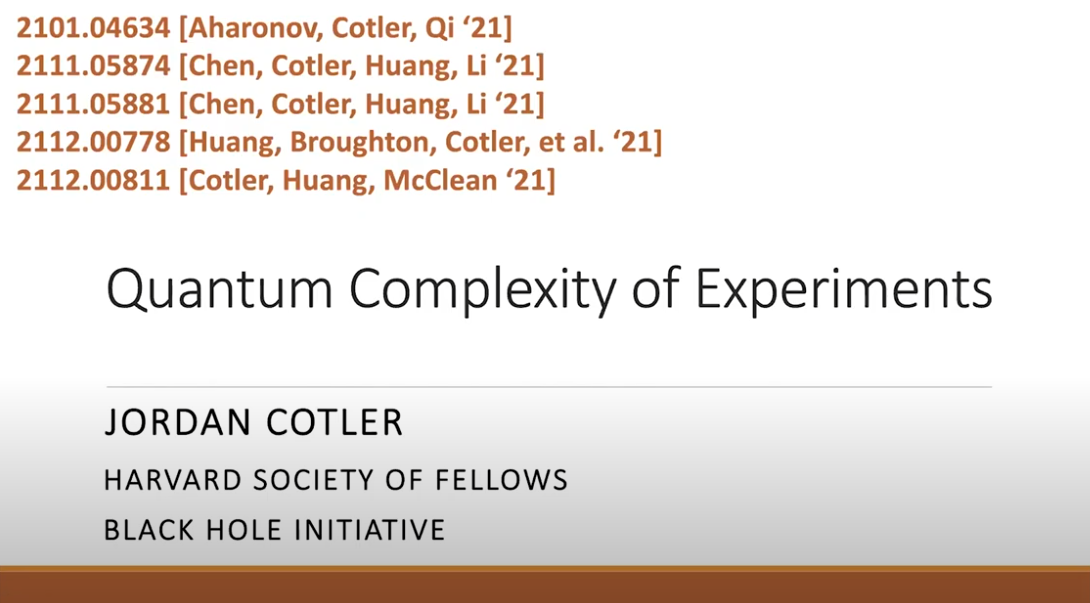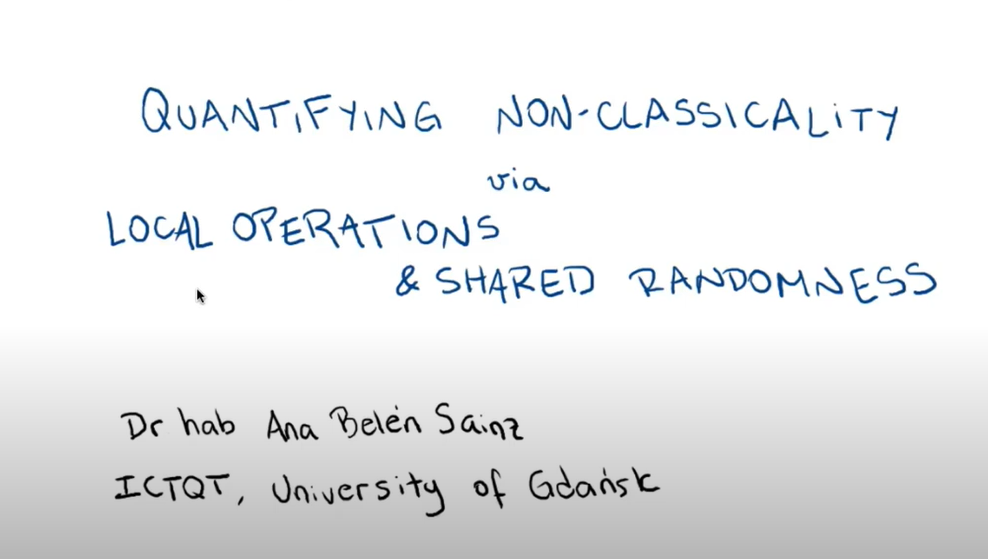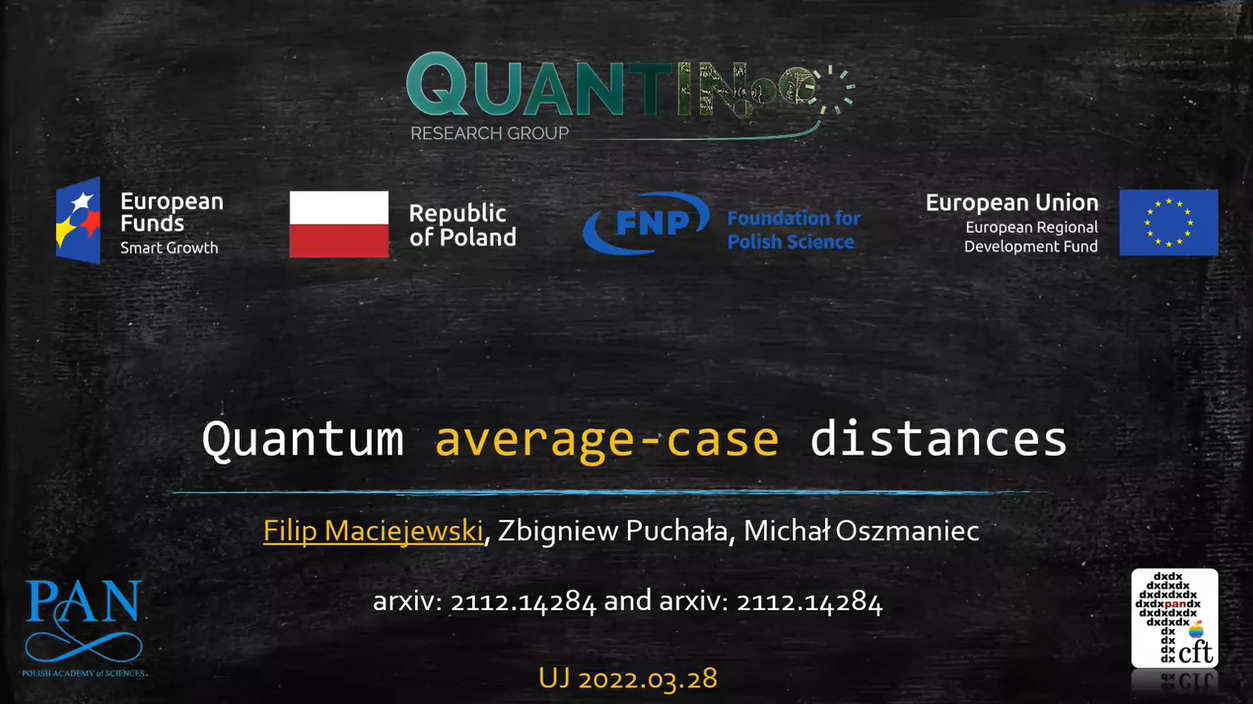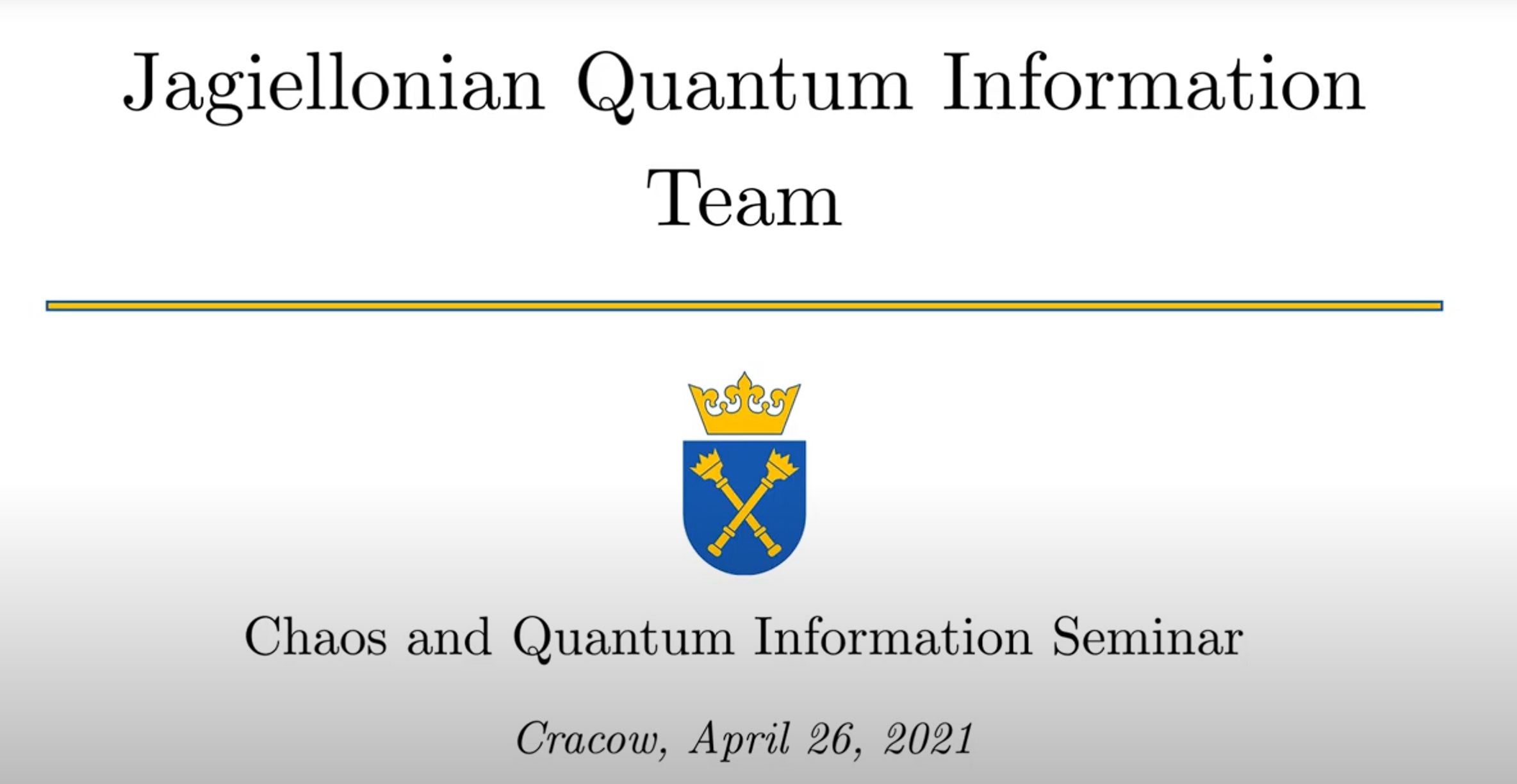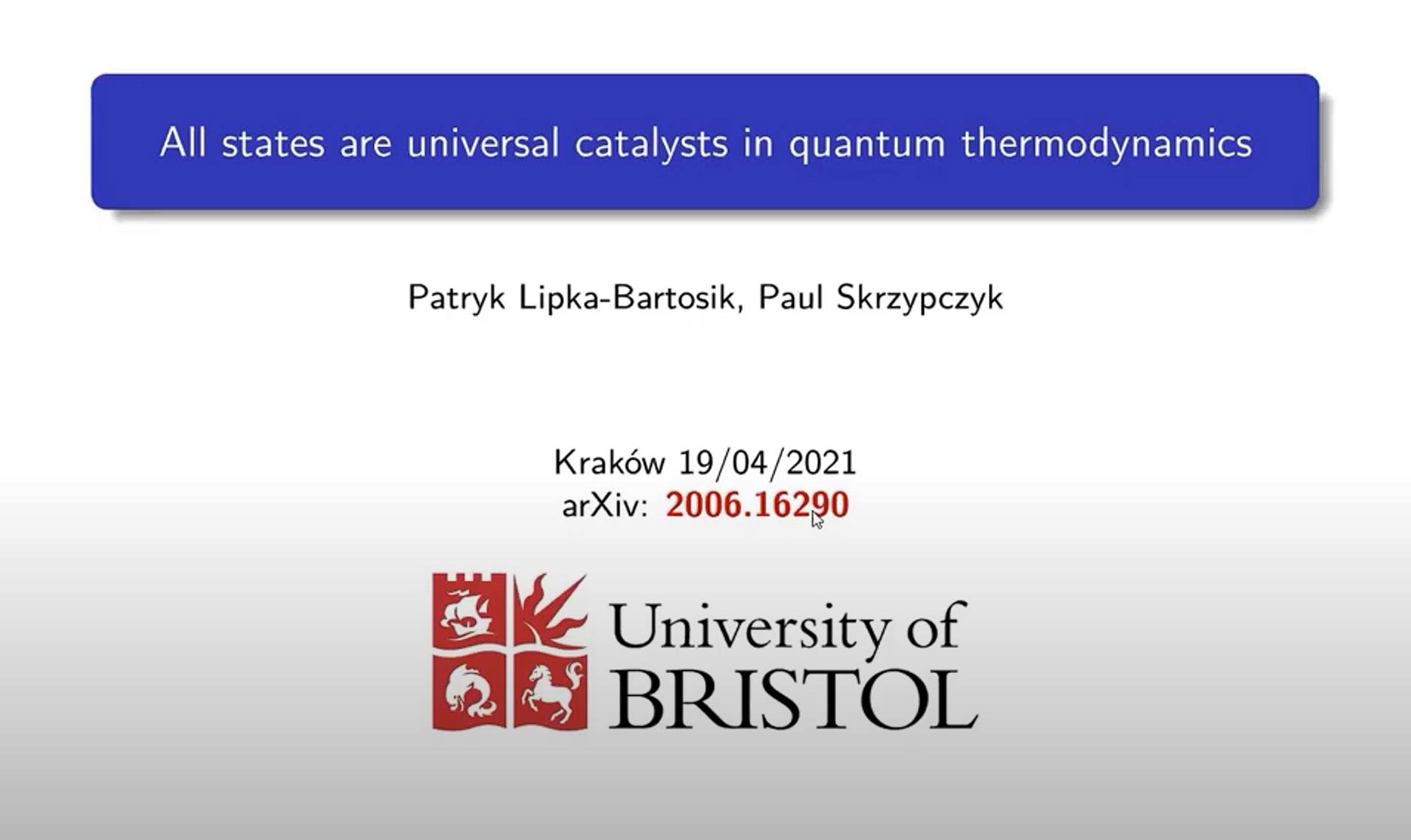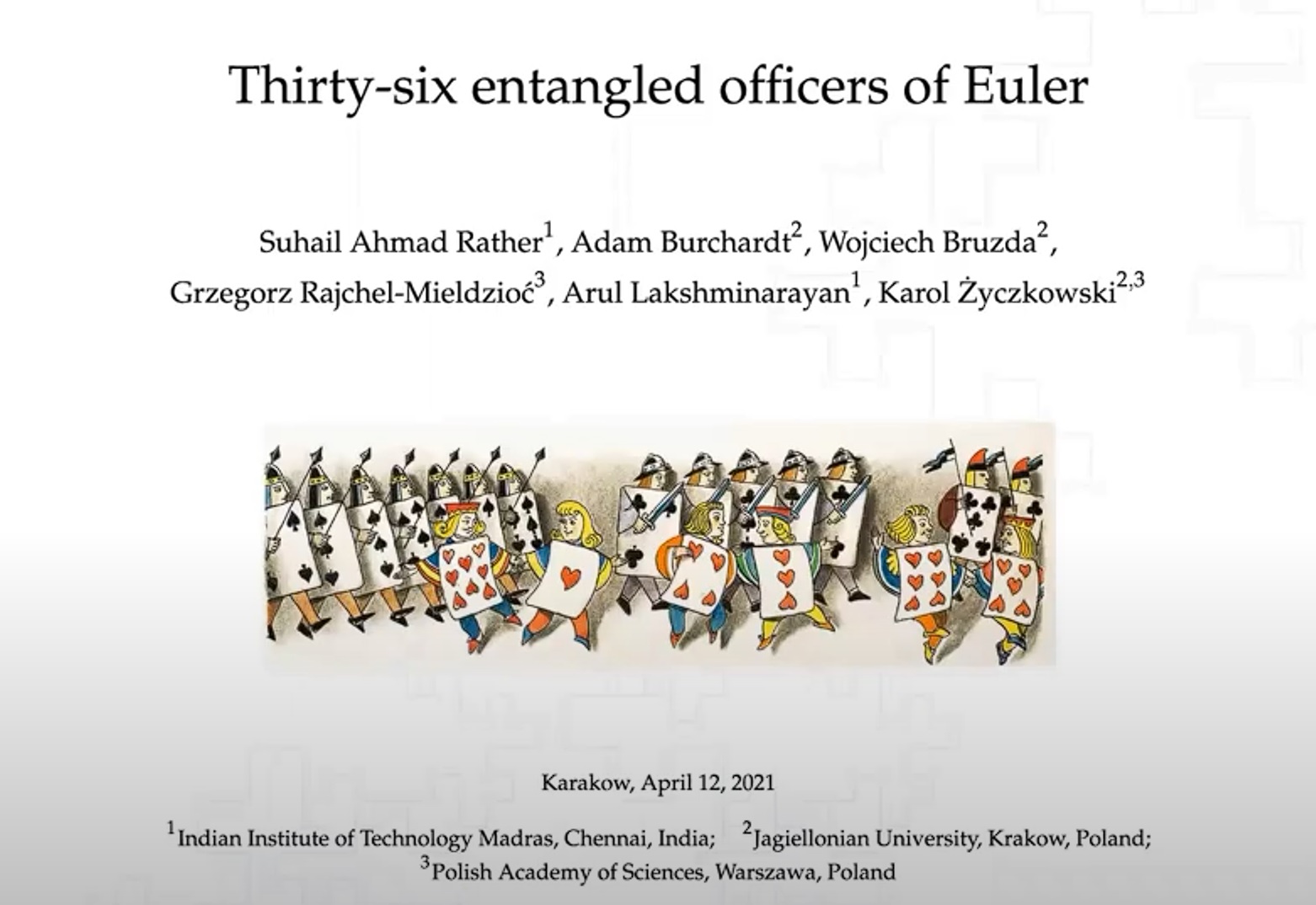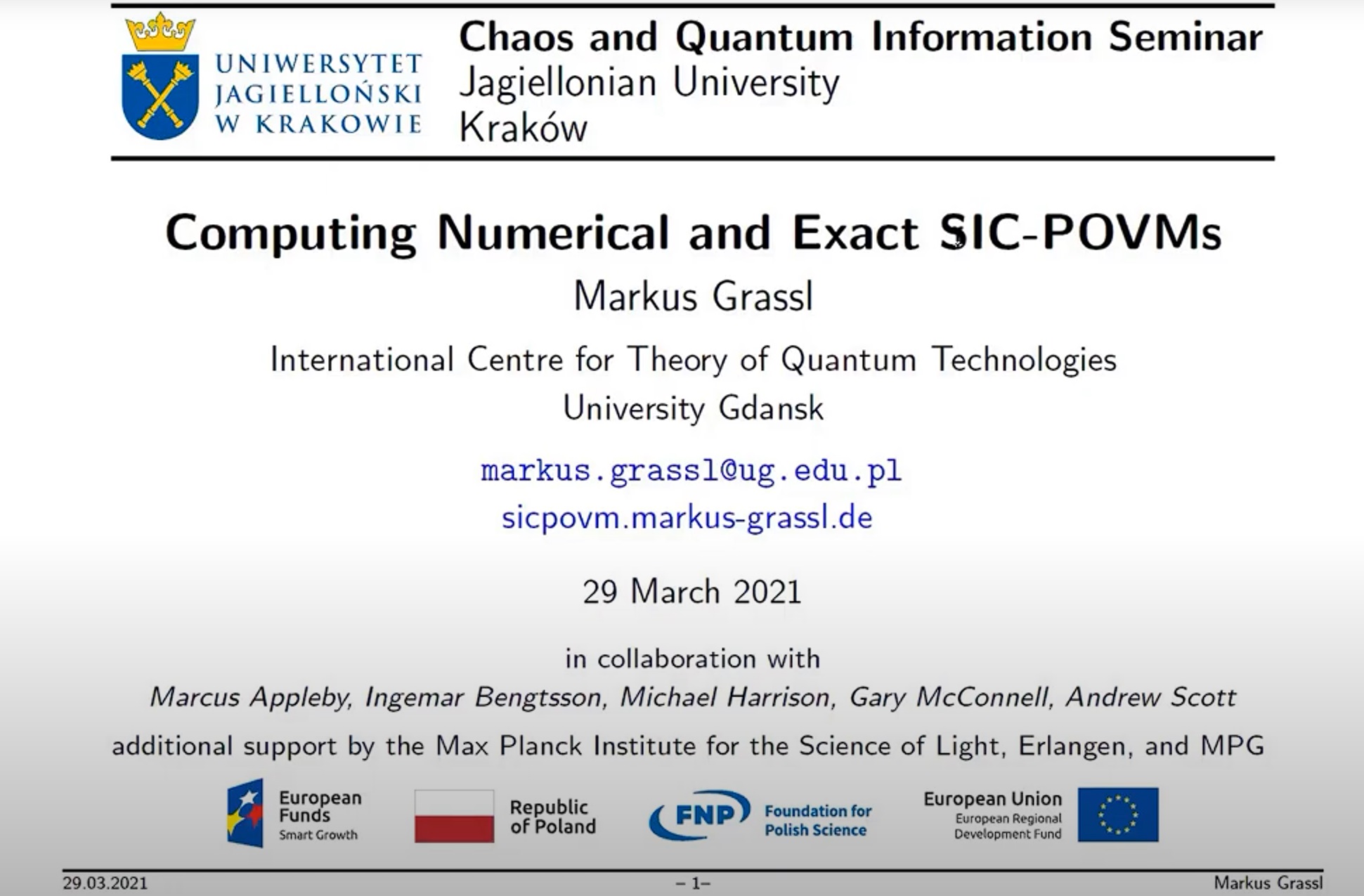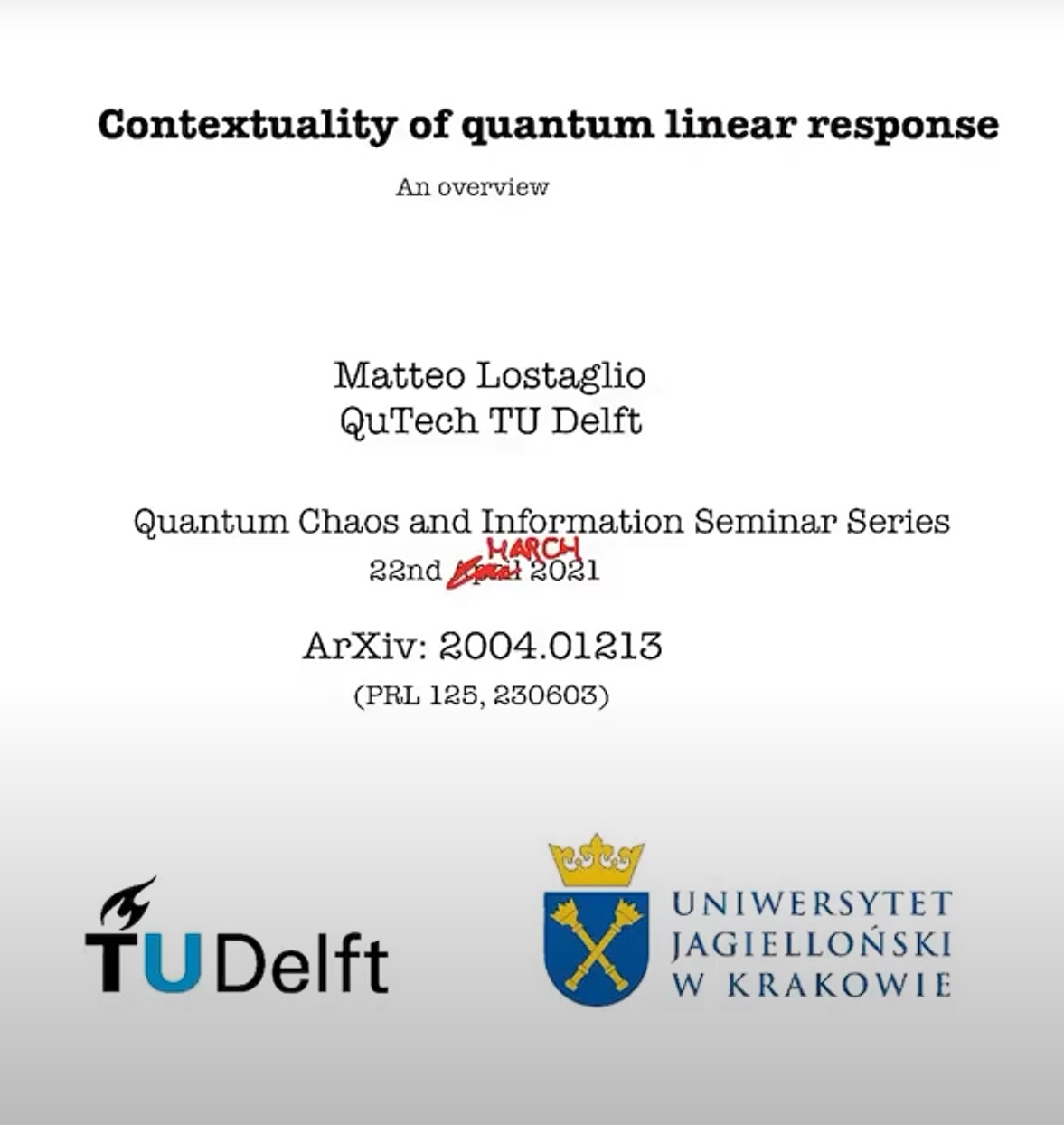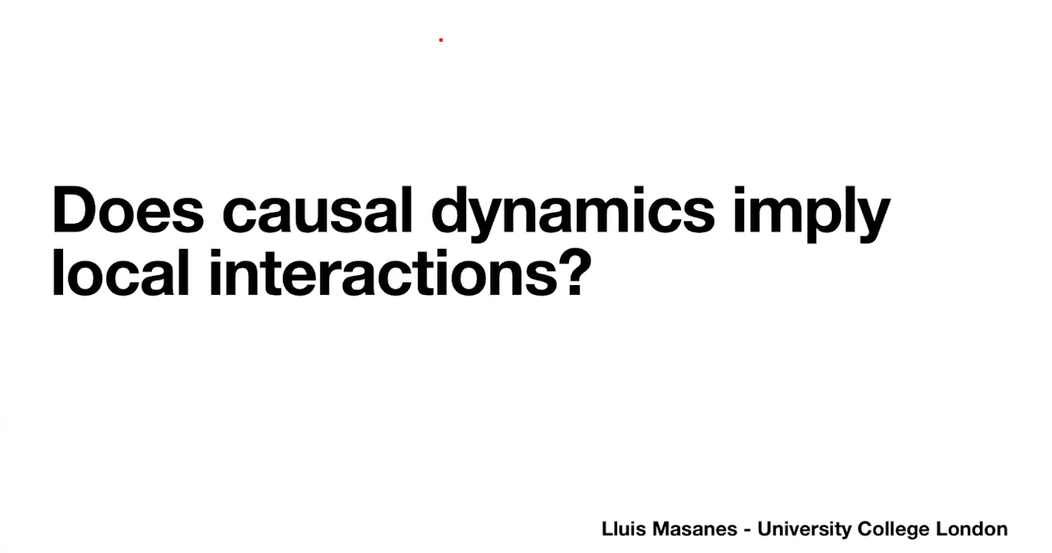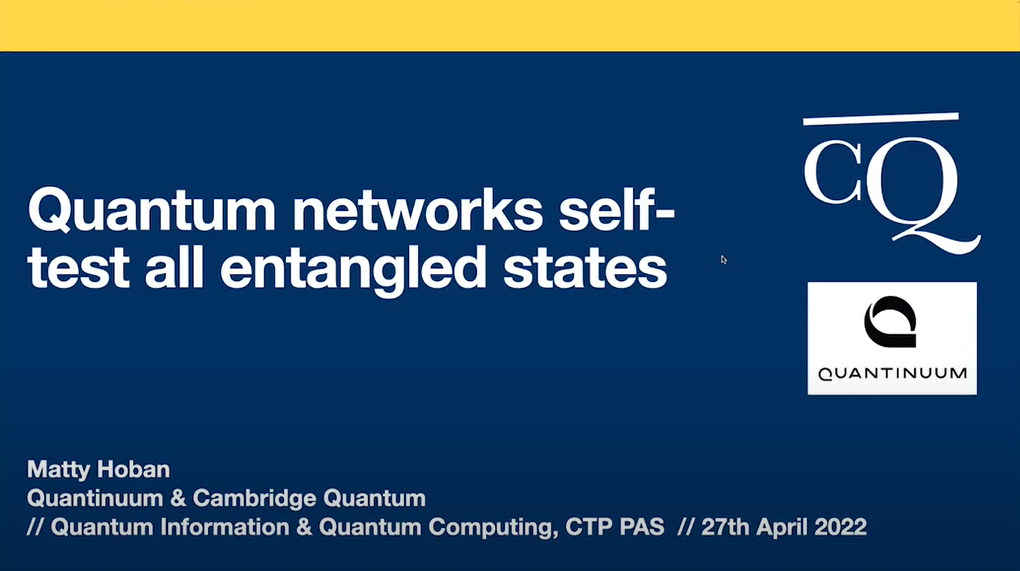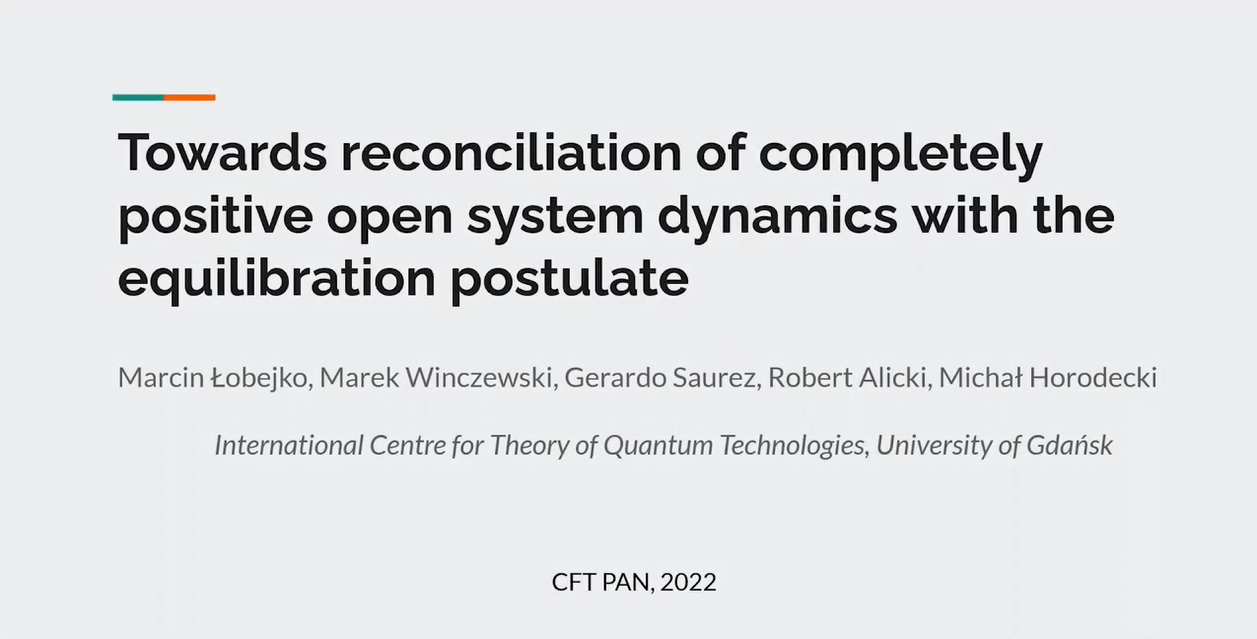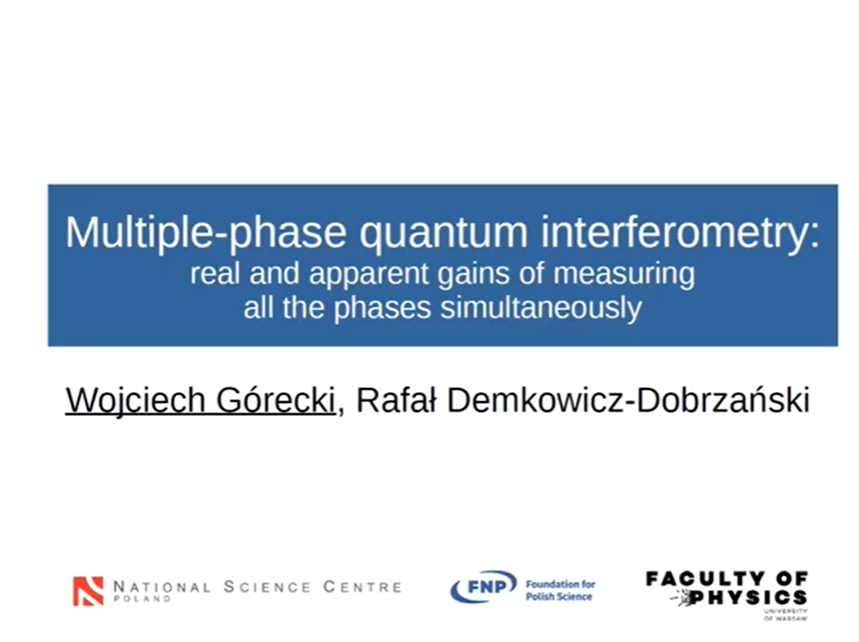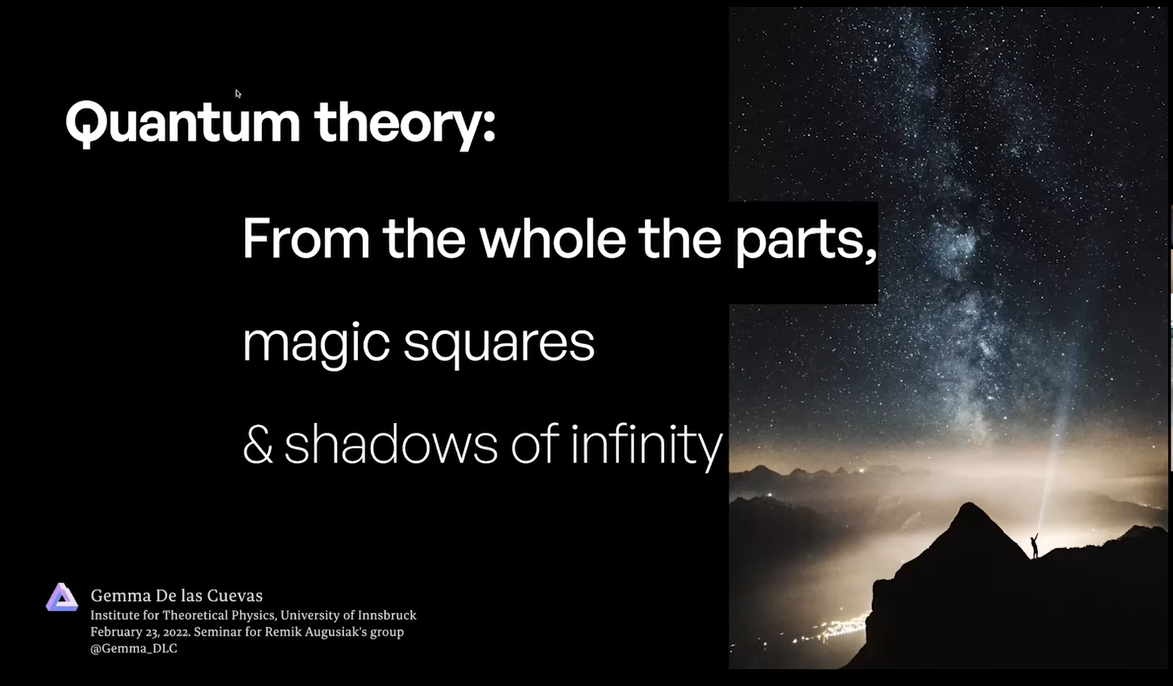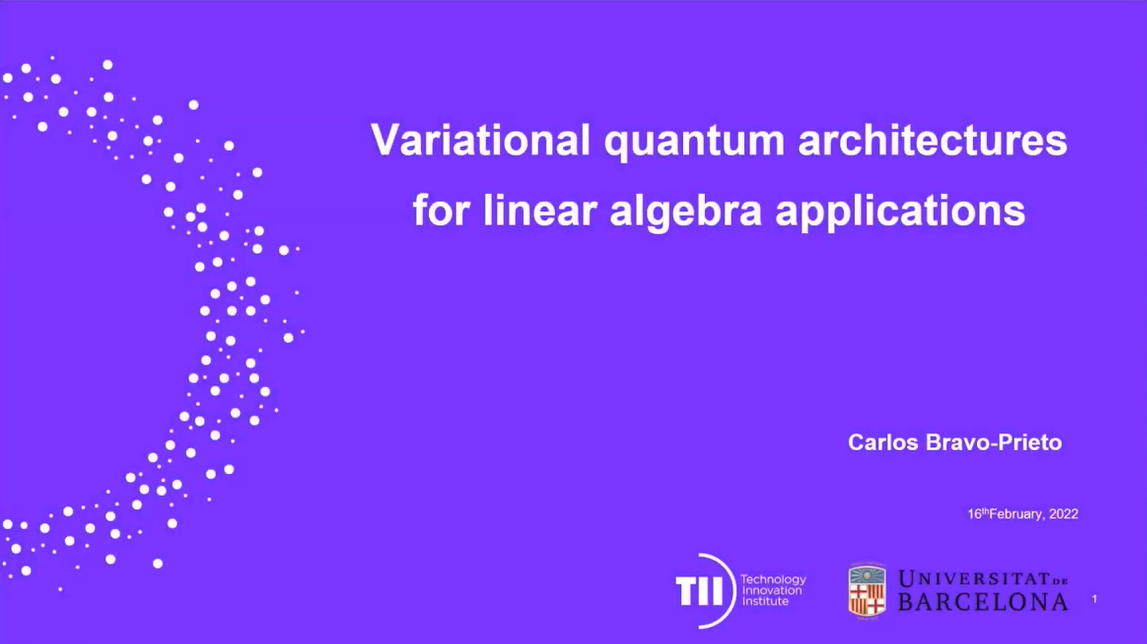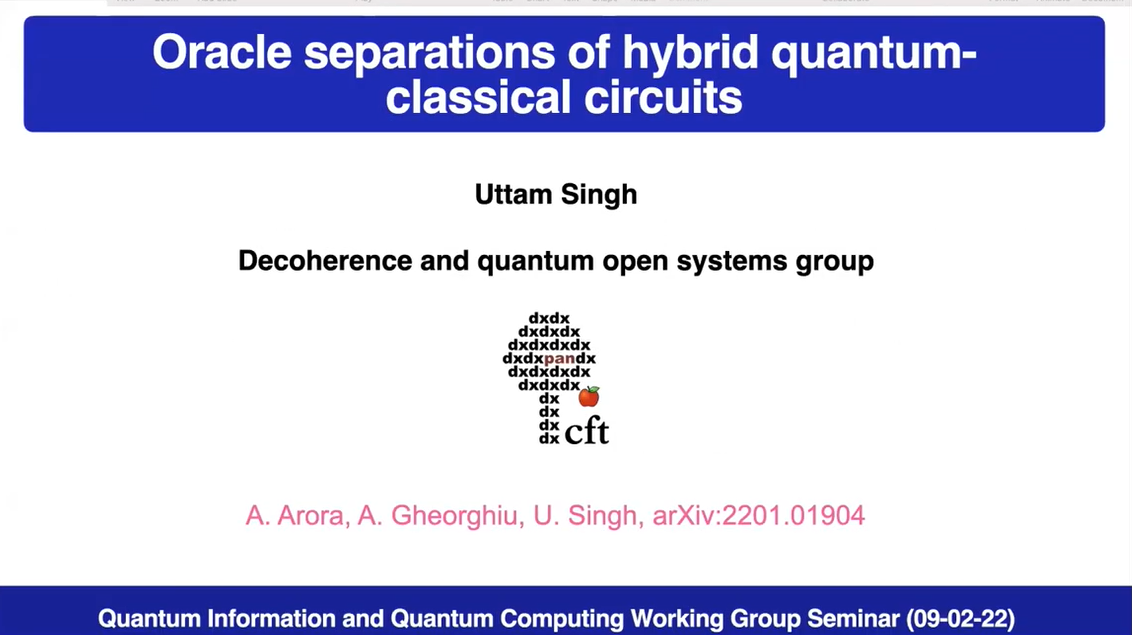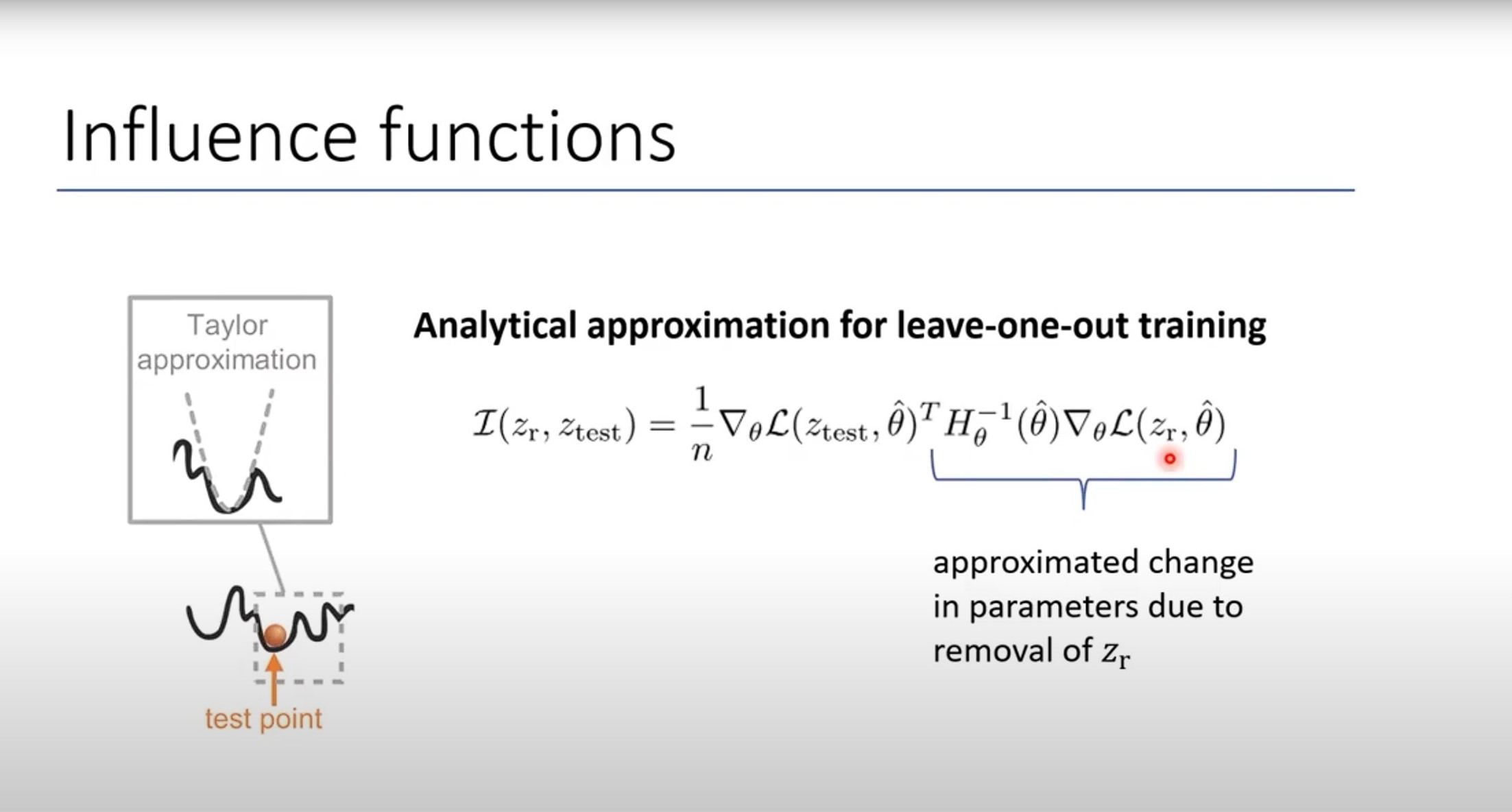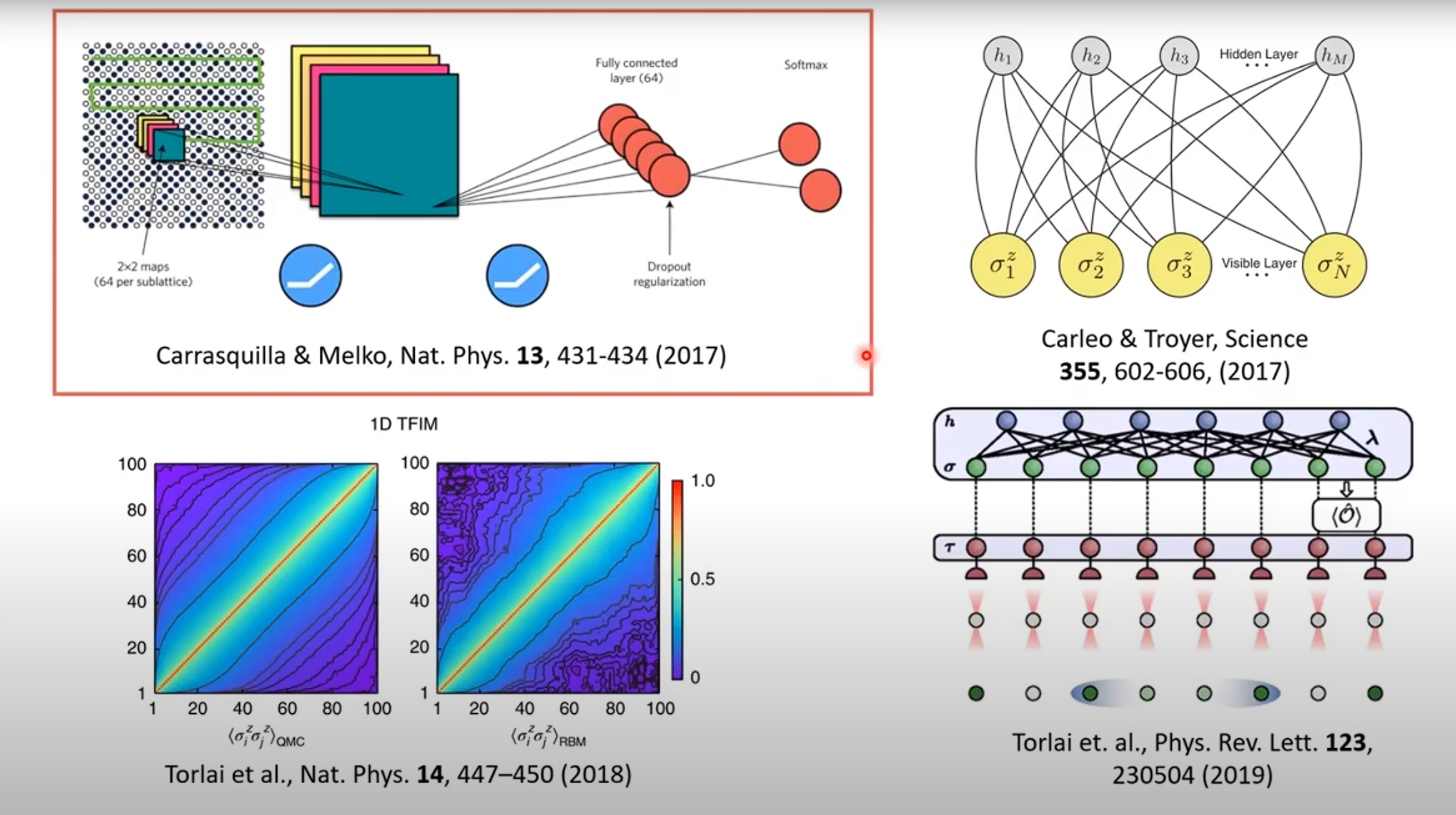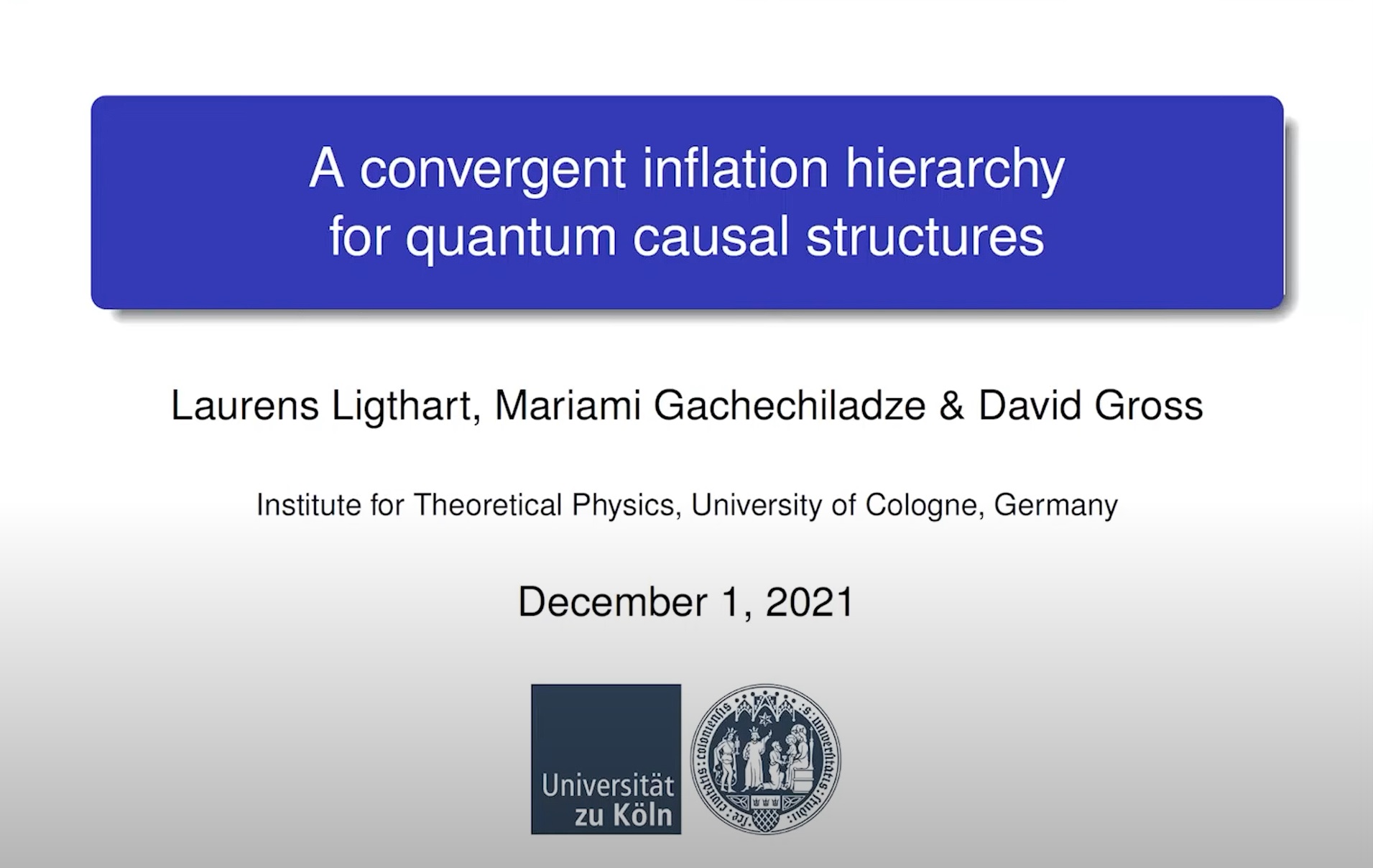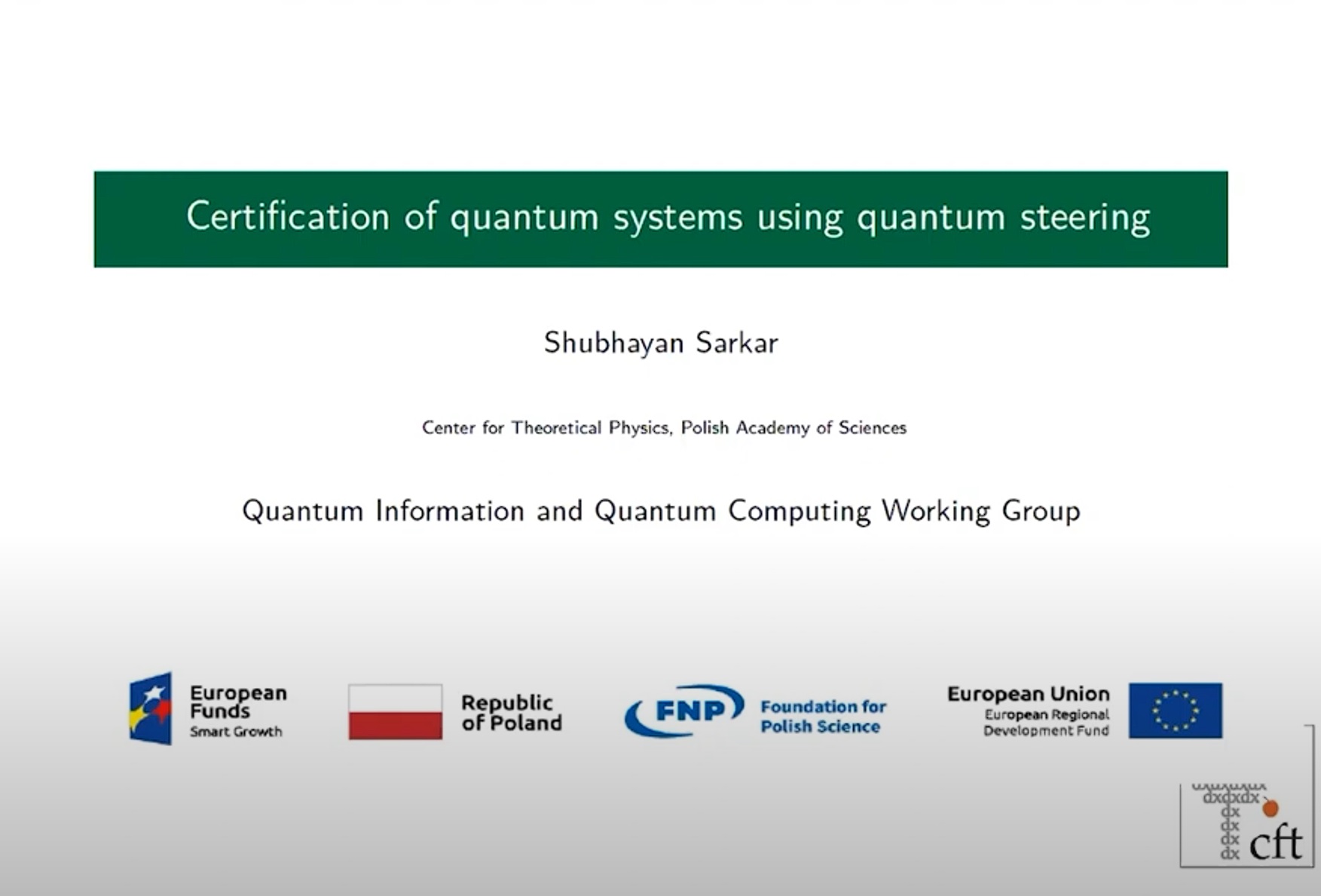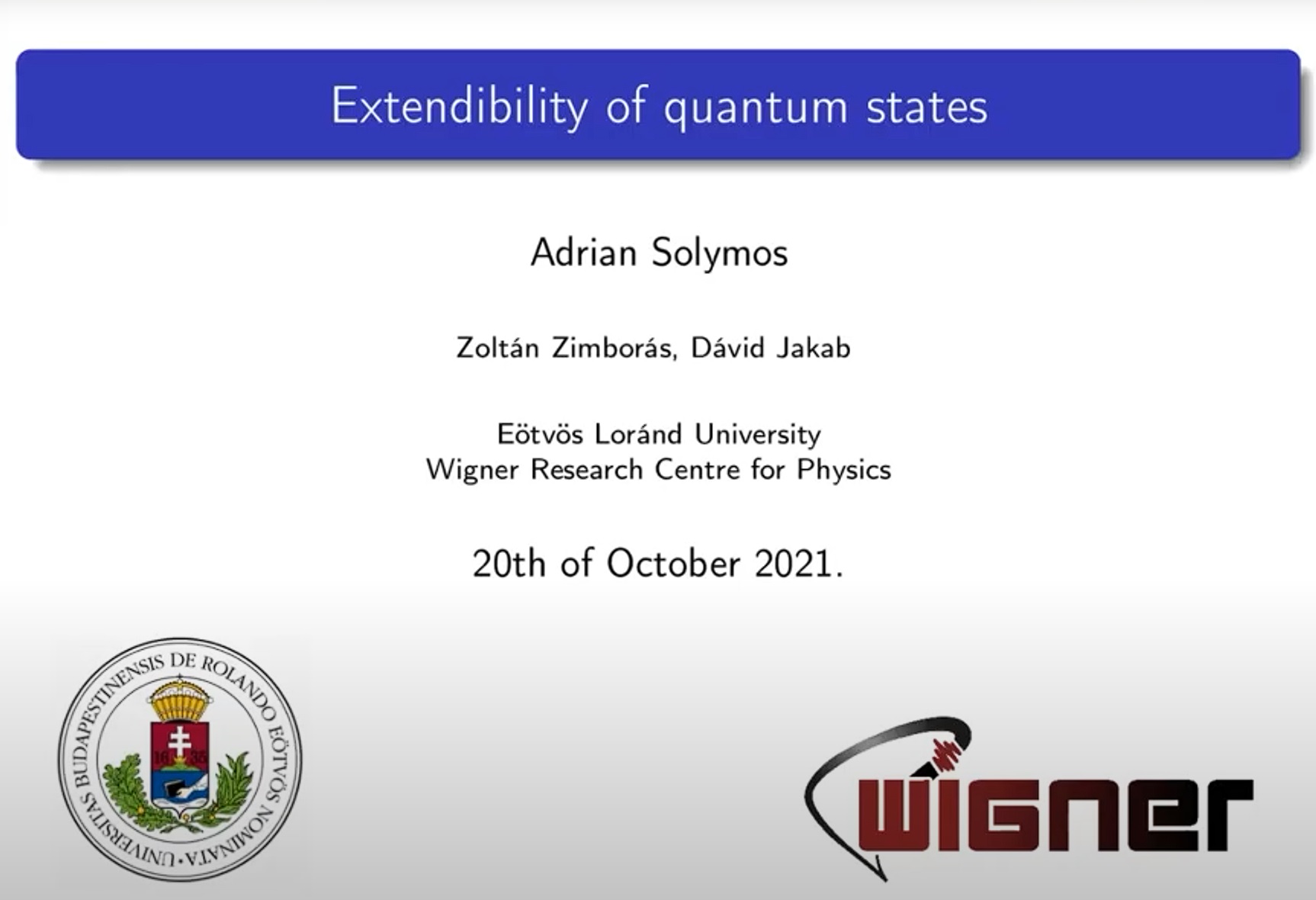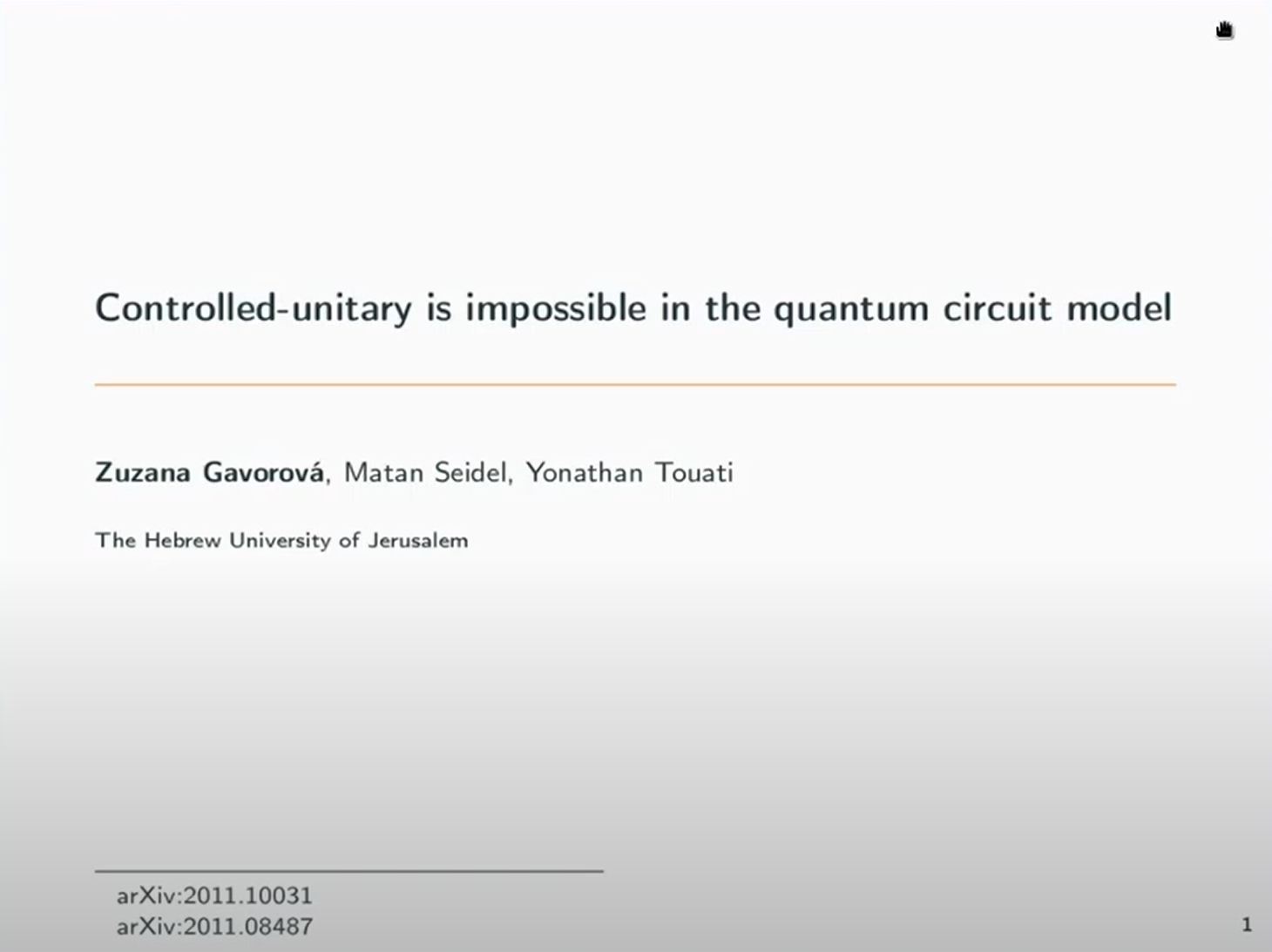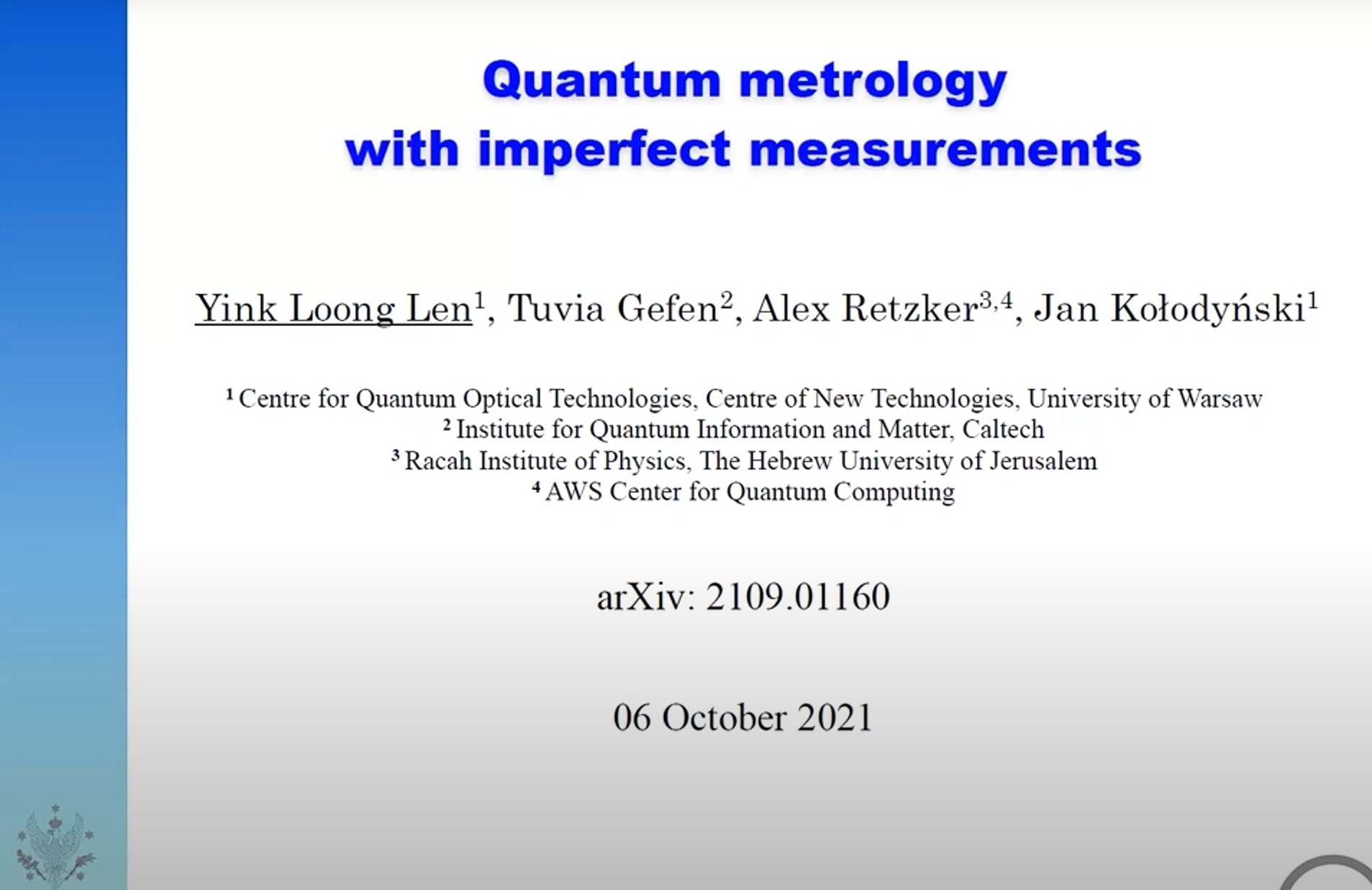Gregory Boyd (University of Oxford): Training variational quantum circuits with CoVaR
Quantum Information and Quantum Computing Seminars CTP PAS 08.06.2022
Exploiting near-term quantum computers and achieving practical value is a considerable and exciting challenge. Most prominent candidates as variational algorithms typically aim to find the ground state of a Hamiltonian by minimising a single classical (energy) surface which is sampled from by a quantum computer. Here we introduce a method we call CoVaR , an alternative means to exploit the power of variational circuits: We find eigenstates by finding joint roots of a polynomially growing number of properties of the quantum state as covariance functions between the Hamiltonian and an operator pool of our choice. The most remarkable feature of our CoVaR approach is that it allows us to fully exploit the extremely powerful classical shadow techniques, i.e., we simultaneously estimate a very large number > 10^4 − 10^7 of covariances. We randomly select covariances and estimate analytical derivatives at each iteration applying a stochastic Levenberg-Marquardt step via a large but tractable linear system of equations that we solve with a classical computer. We prove that the cost in quantum resources per iteration is comparable to a standard gradient estimation, however, we observe in numerical simulations a very significant improvement by many orders of magnitude in convergence speed. CoVaR is directly analogous to stochastic gradient-based optimisations of paramount importance to classical machine learning while we also offload significant but tractable work onto the classical processor.
Other seminars

Giulio Chiribella (University of Hong Kong): Optimal programming of quantum gates - Duplicate27-06-2022
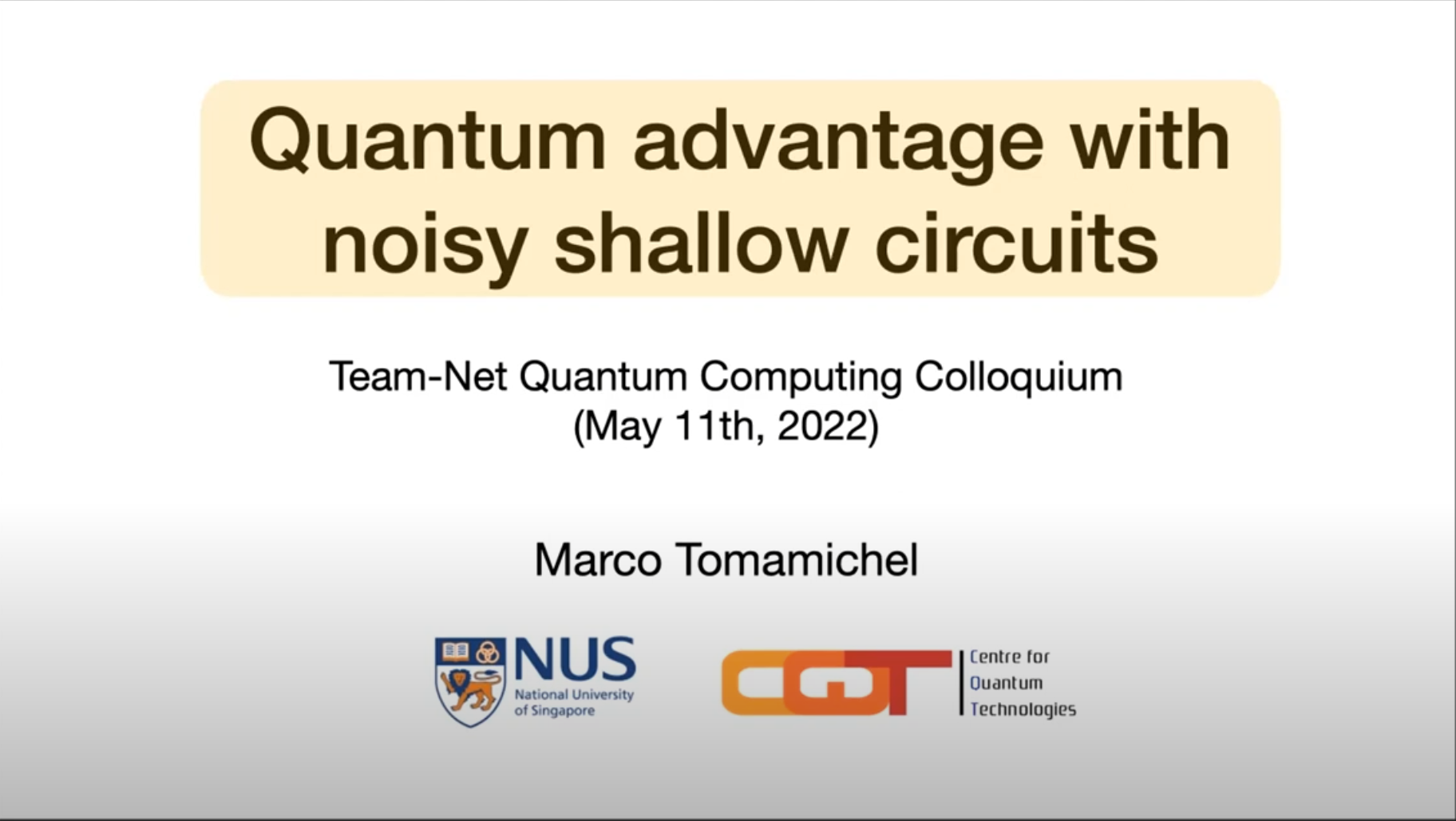
Marco Tomamichel (National University of Singapore): Quantum advantage with noisy shallow circuits17-05-2022
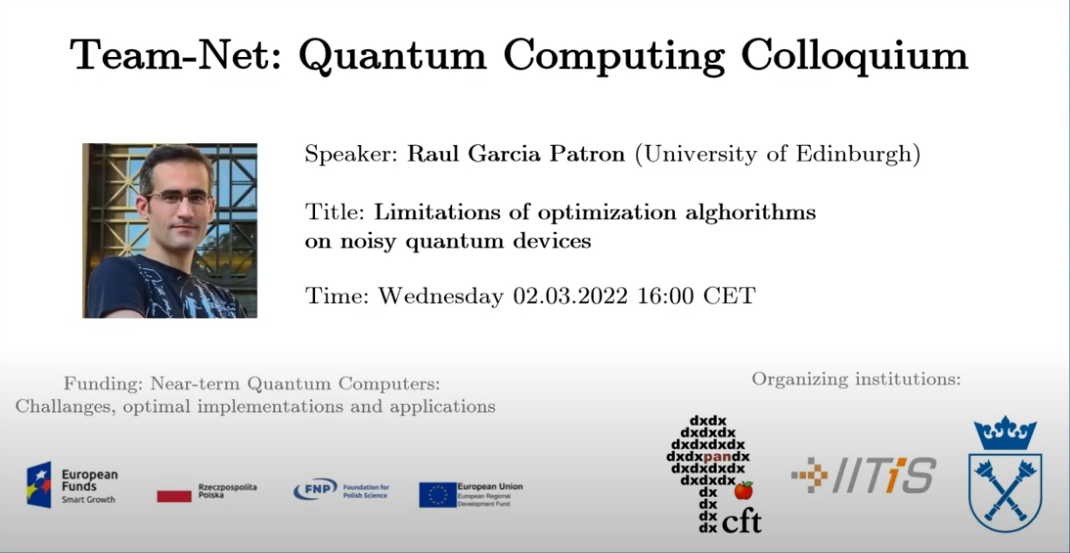
R. Patron (University of Edinburgh): Limitations of optimization algorithms on noisy quantum devices02-03-2022
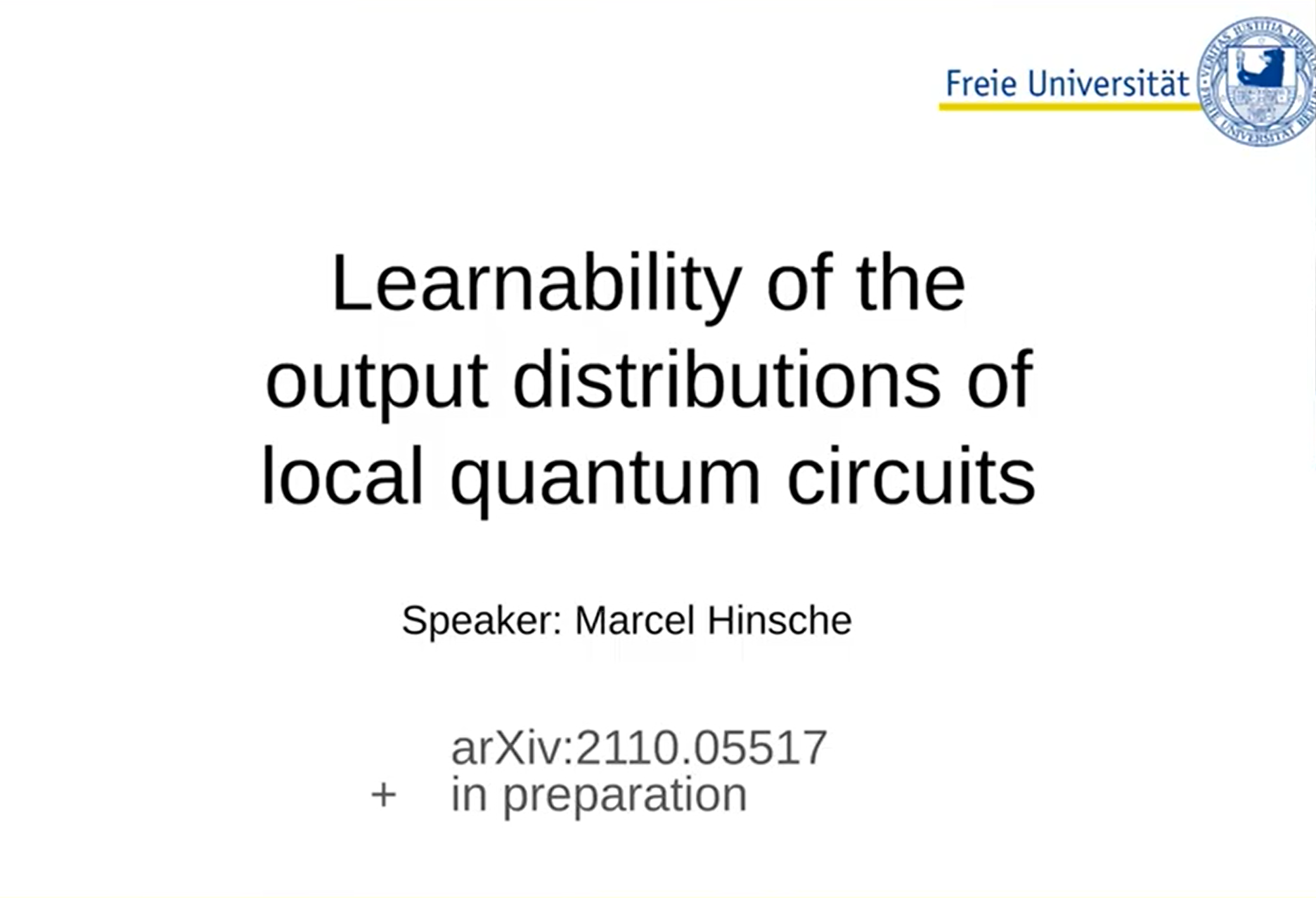
Marcel Hinsche (FU Berlin): Learnability of the output distributions of local quantum circuits25.05.2022
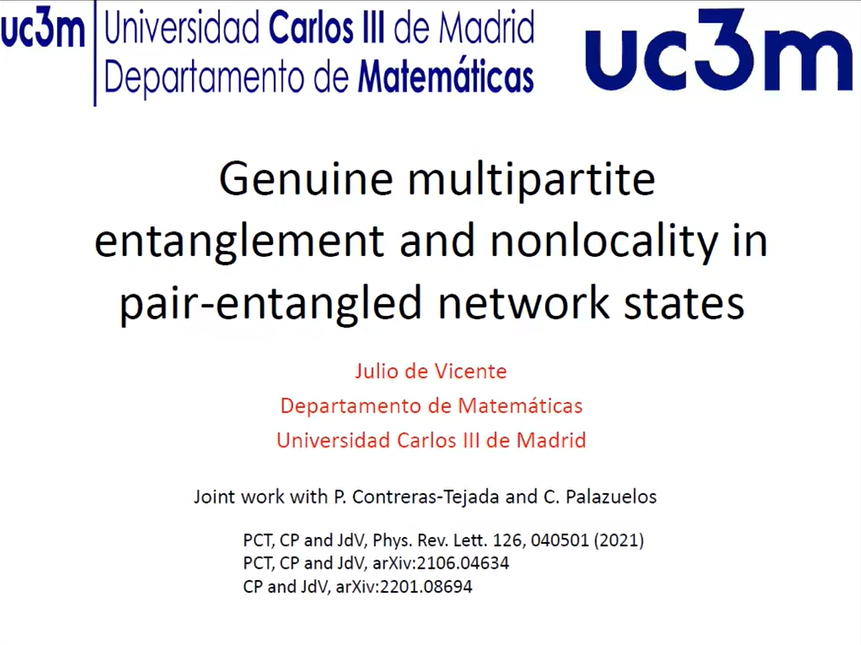
Julio de Vicente: Genuine multipartite entanglement and nonlocality in pair-entangled network states20.04.2022
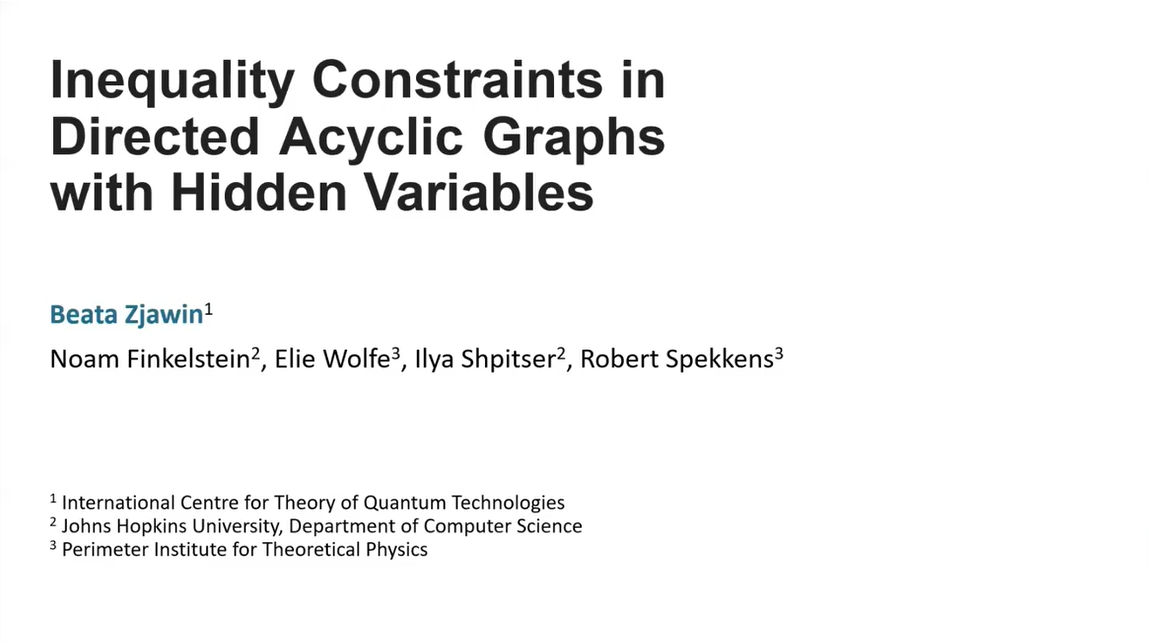
Beata Zjawin (ICTQT): Inequality Constraints in Directed Acyclic Graphs with Hidden Variables02.02.2022
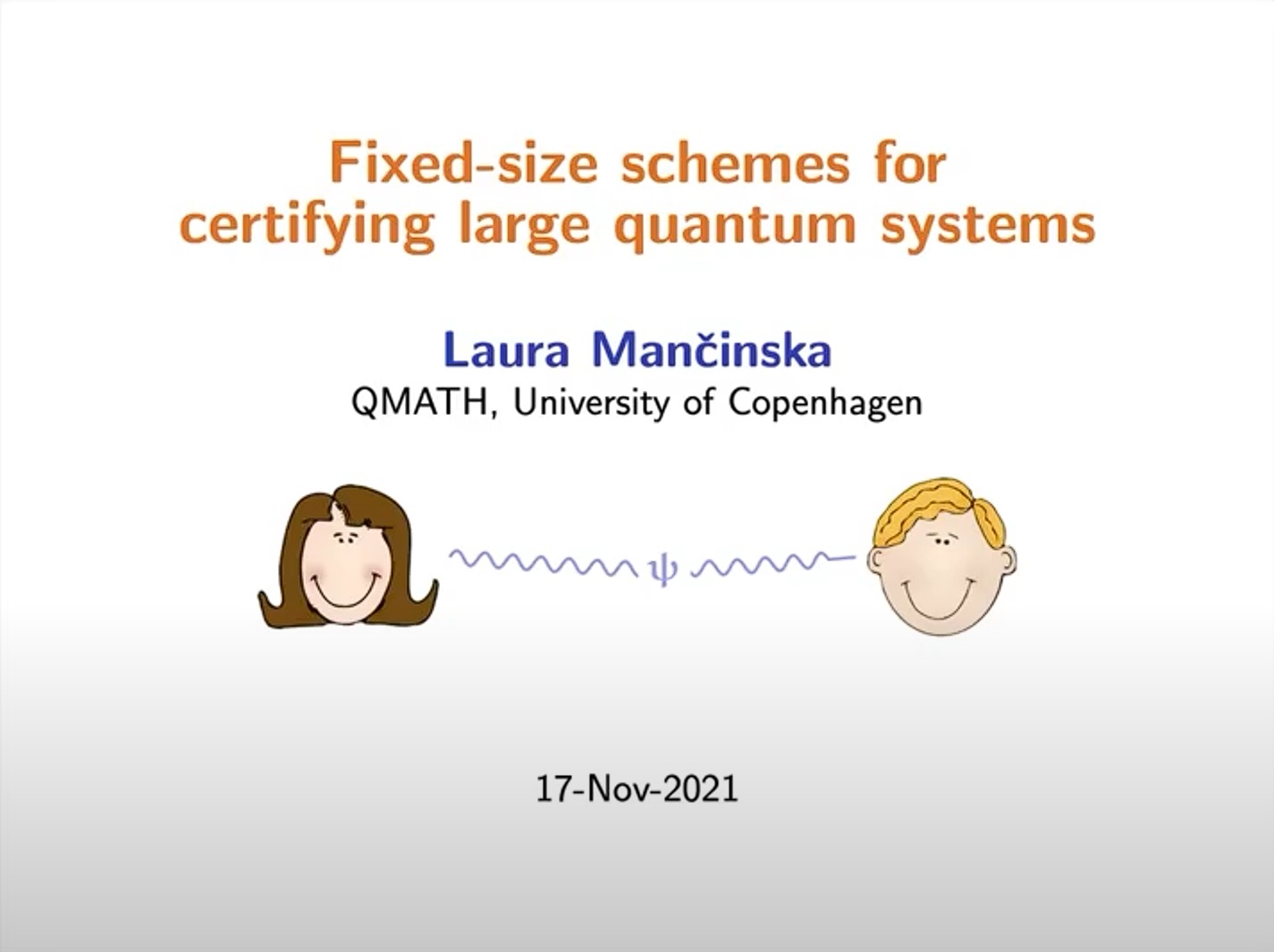
Laura Mancinska (QMATH, Copenhagen): Fixed-size schemes for certification of large quantum systems17-11-2021
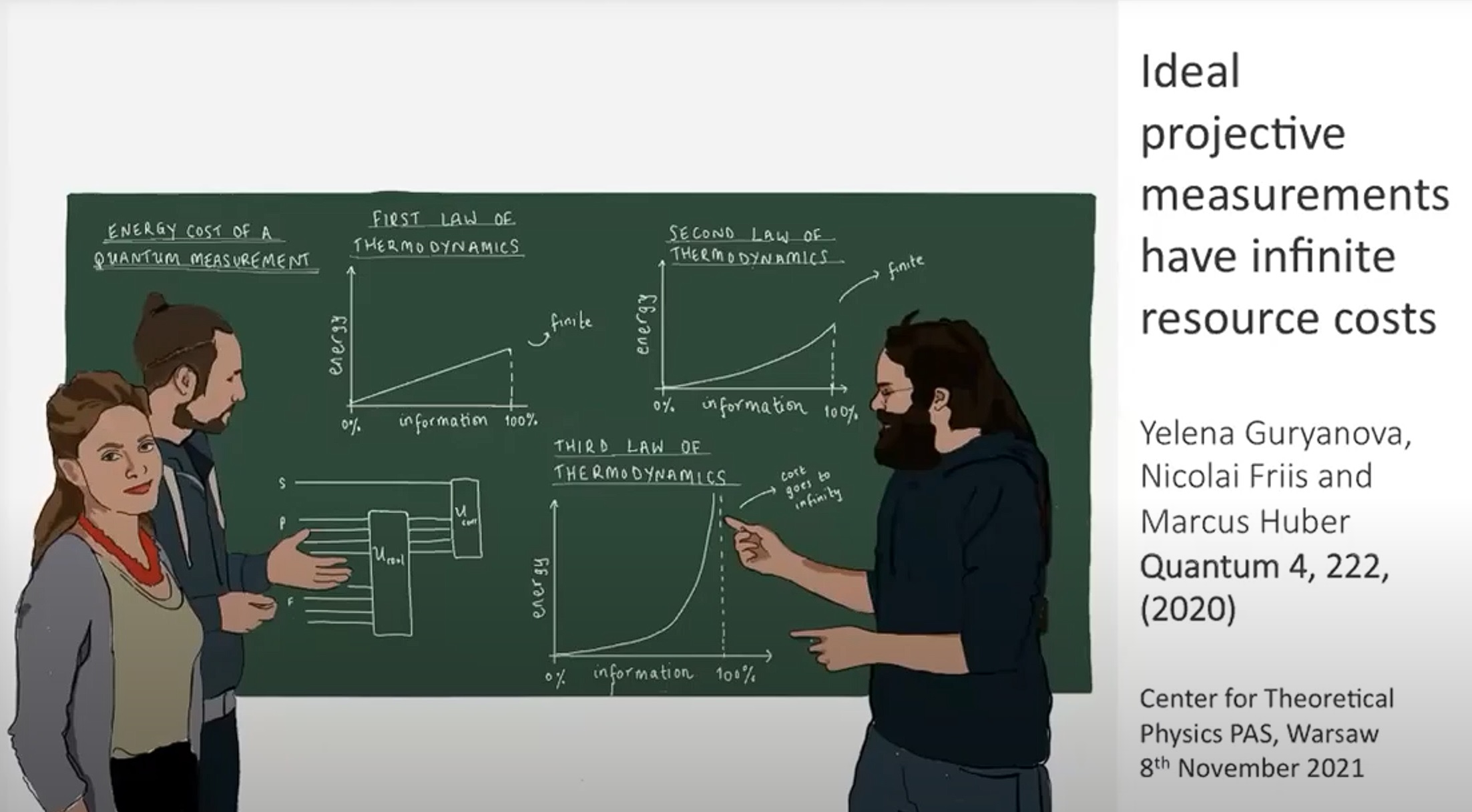
Yelena Guyanova (IQOQI, Vienna): Ideal Projective Measurements Have Infinite Resource Costs10-11-2021
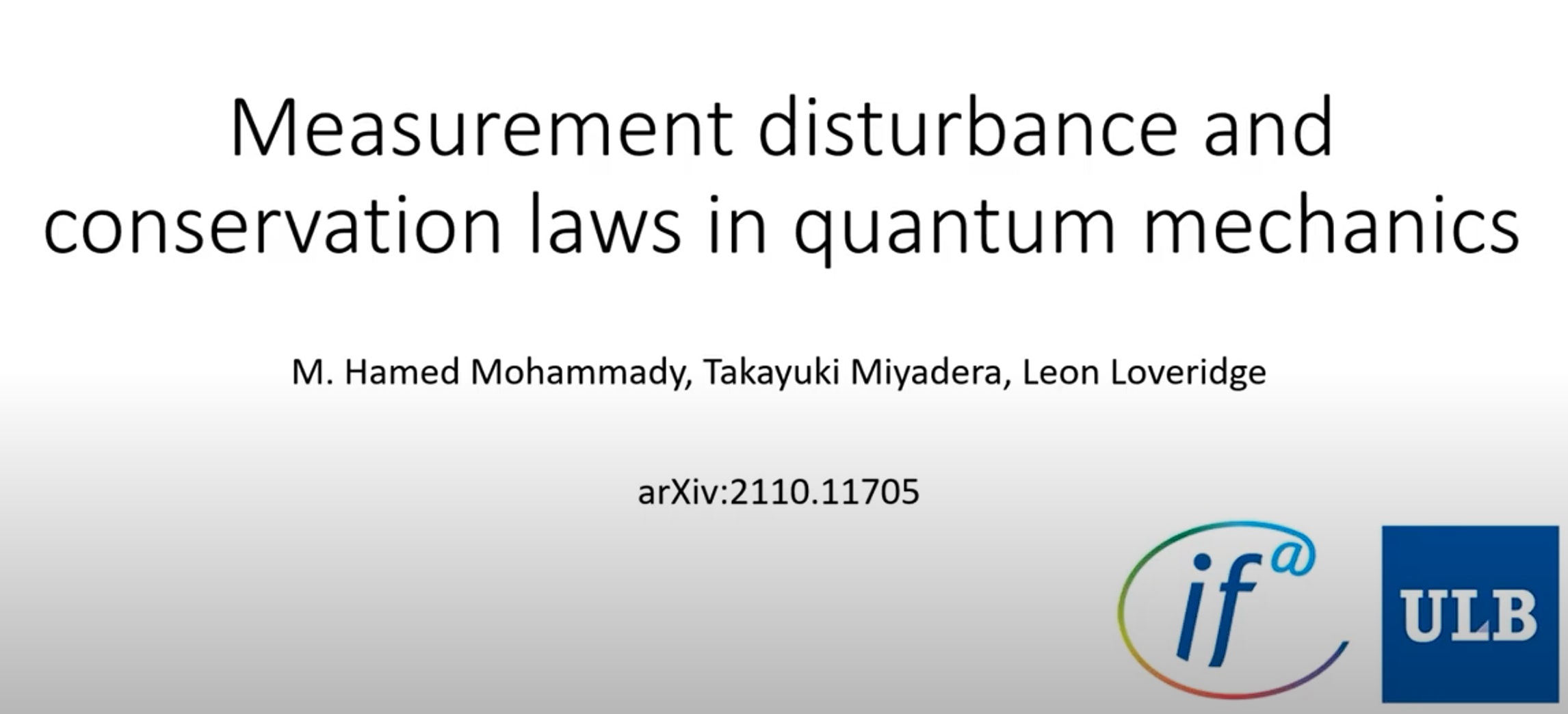
Hamed Mohammady (ULdB): Measurement disturbance and conservation laws in quantum mechanics03-11-2021
